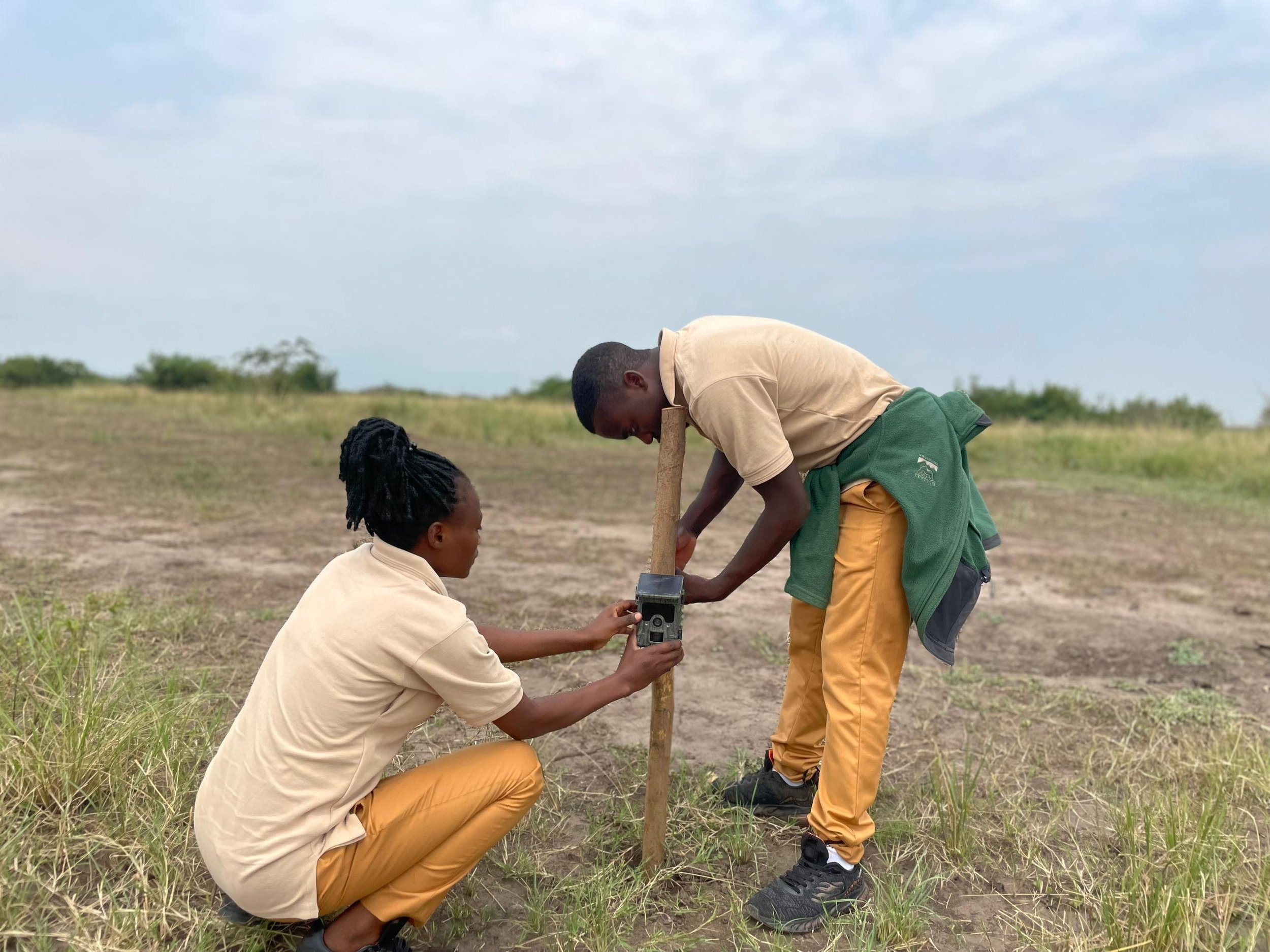Saving Queen Elizabeth National Park’s Rare Tree-Climbing Lions
In Queen Elizabeth National Park in Uganda, conservation efforts are underway to monitor and protect the remaining 39 tree-climbing lions
One of 39 remaining tree-climbing lions in The Queen Elizabeth National Park in Uganda. Scientists aren’t exactly sure why these lions started to climb trees but believe it could be to escape the heat or to get away from bothersome insects. If these lions disappear, the culture of tree-climbing cannot be reintroduced into the wild and will be lost.
The Queen Elizabeth Conservation Area (QECA), located in western Uganda, is a large and complex protected area encompassing Queen Elizabeth National Park (QENP), Kyambura and Kigezi Wildlife Reserves.
The park spans approximately 1,978 square kilometers and is renowned for its diverse ecosystems, including savannas, forests, lakes, and wetlands. It is blessed with some of the highest biodiversity in the region with around 100 mammal species and 612 bird species. QENP is most known for its rare tree-climbing lions, which are one of only three remaining populations of these unique lions remaining in the world.
There are only 39 tree-climbing lions remaining in the park today. If they disappear, they will not come back.
Over the last 40 years, Queen Elizabeth National Park’s (QENP) lion population has plummeted by over 90%, dropping from more than 400 in the 1980s to just 39 lions in 2022 and faces extinction. As the human population around QECA grows, human-wildlife conflict is expected to increase, further endangering the already vulnerable lion population, which also faces challenges from habitat loss, invasive species, and prey decline. The surrounding area, one of Africa's most densely populated, faces economic hardship and limited educational opportunities, hindering local youth's ability to participate in conservation and ecotourism. Poaching fueled by both bushmeat hunting and retaliatory killings poses a severe threat to the already vulnerable lion populations.
The grant will train rangers to monitor the lions and protect them.
In 2024, the ATCF awarded a $15,000 grant to Volcanoes Safaris Partnership Trust to support the Kyambura Lion Monitoring Project (KLMP). KLMP conducts an annual large carnivore census and collects data for African lions, leopards, and spotted hyenas using a network of vehicles and remote camera traps. The project aims to establish a science-based conservation program that supports the Uganda Wildlife Authority (UWA) in the scientific monitoring and protection of large carnivores, respond to injured animals and human/wildlife conflict incidents, helps to assess the impact of conservation work currently being done, and trains young Ugandans from the Kyambura community in scientific conservation techniques.
To learn more about this grant, check out this post.



